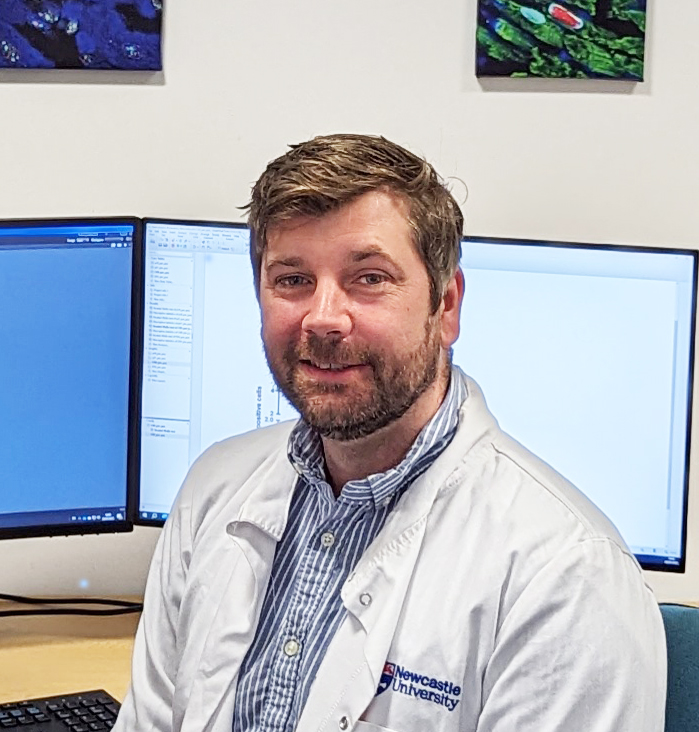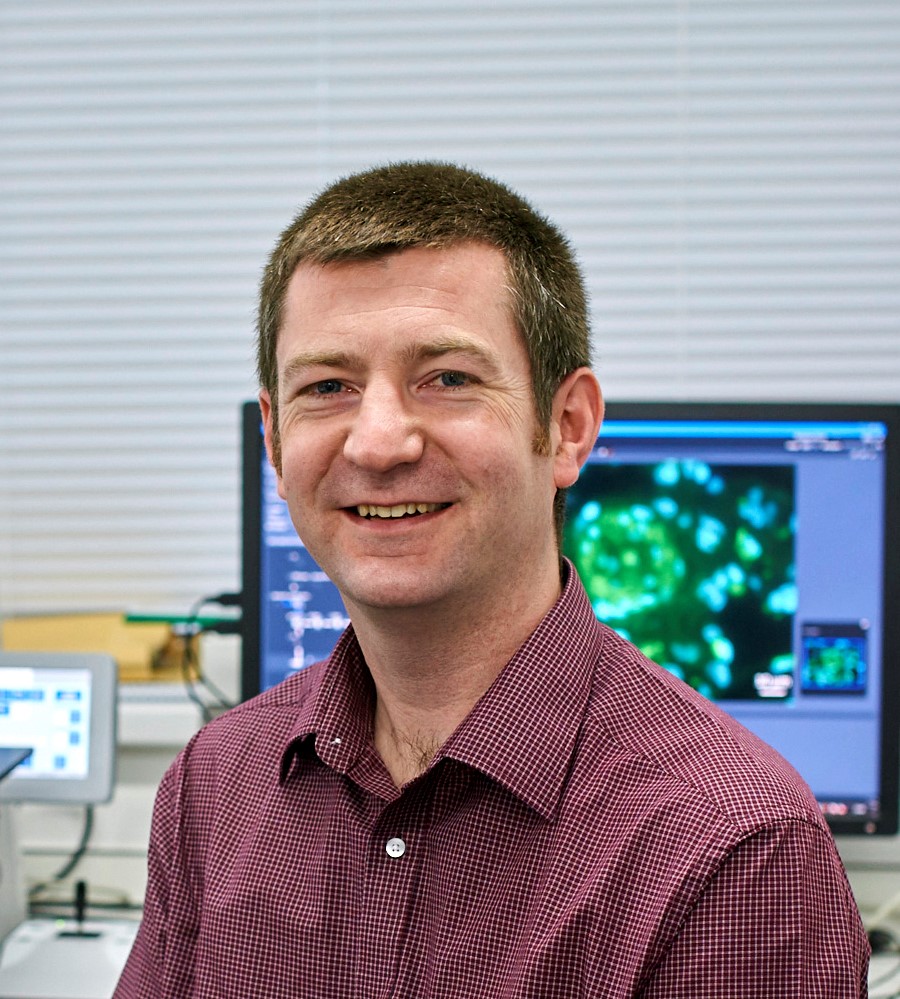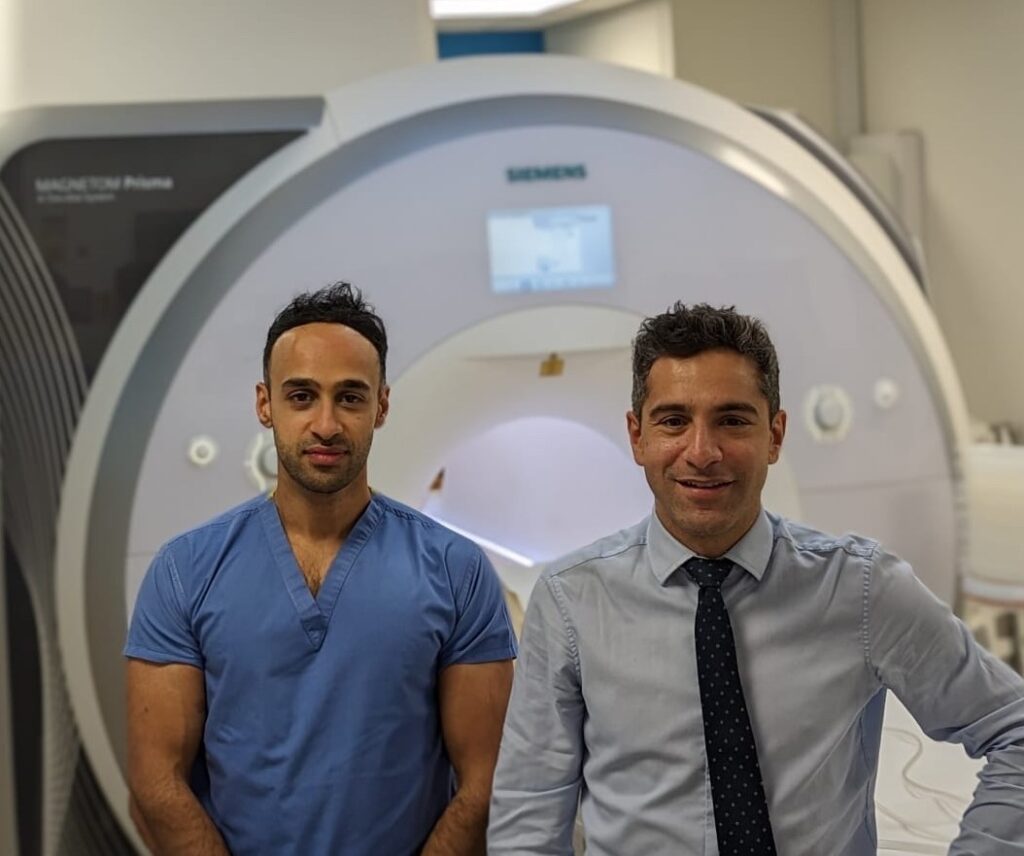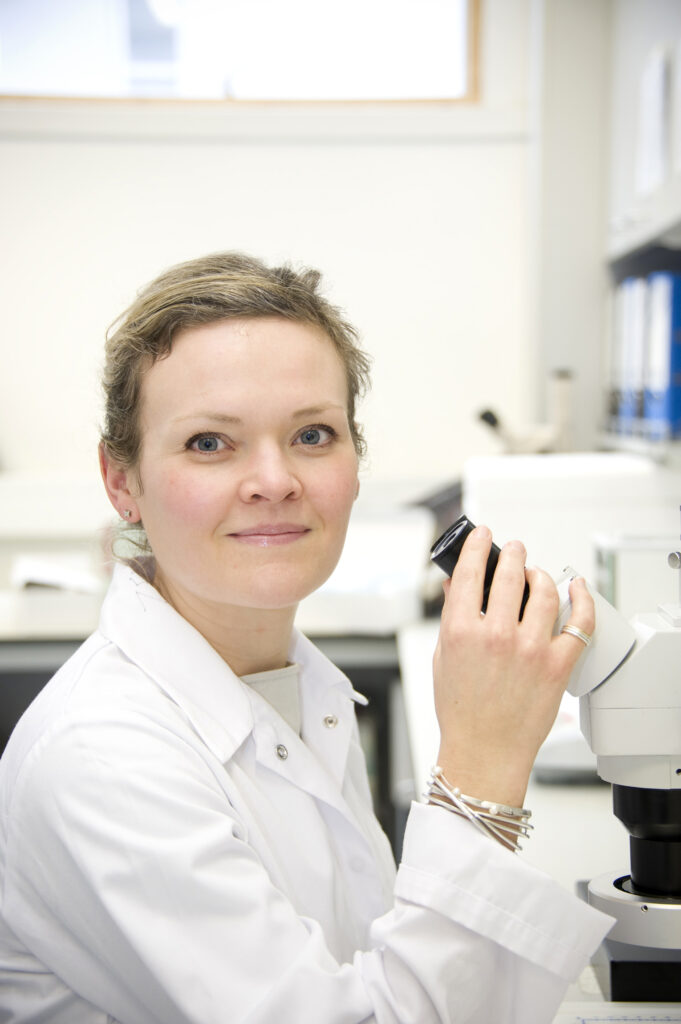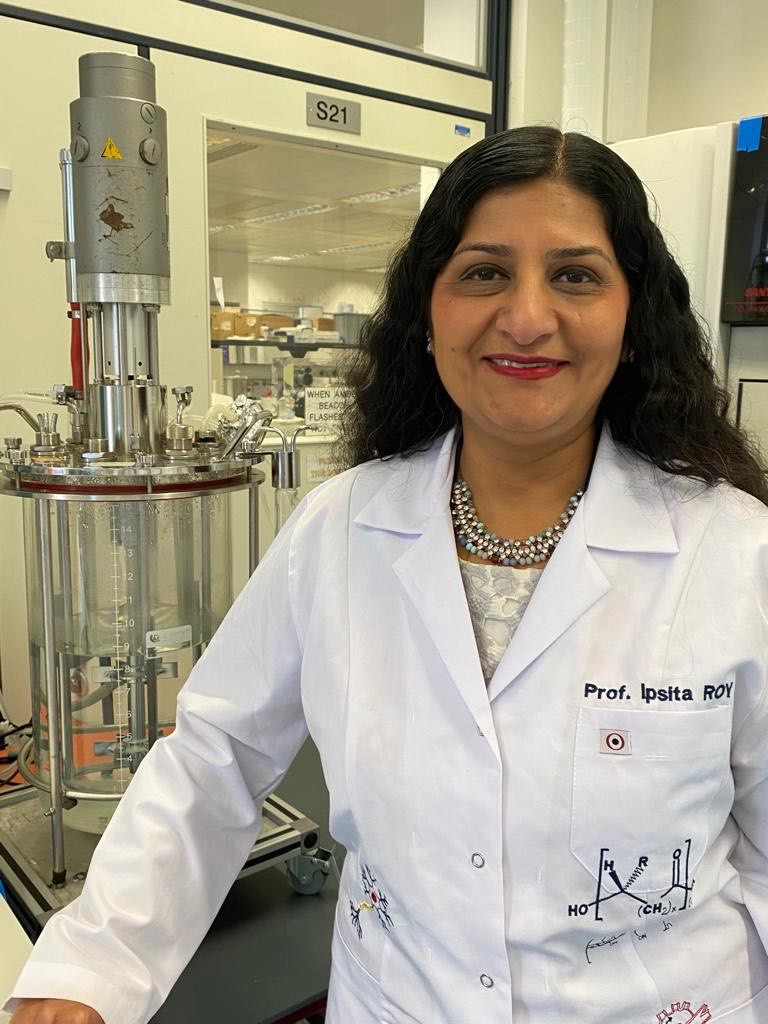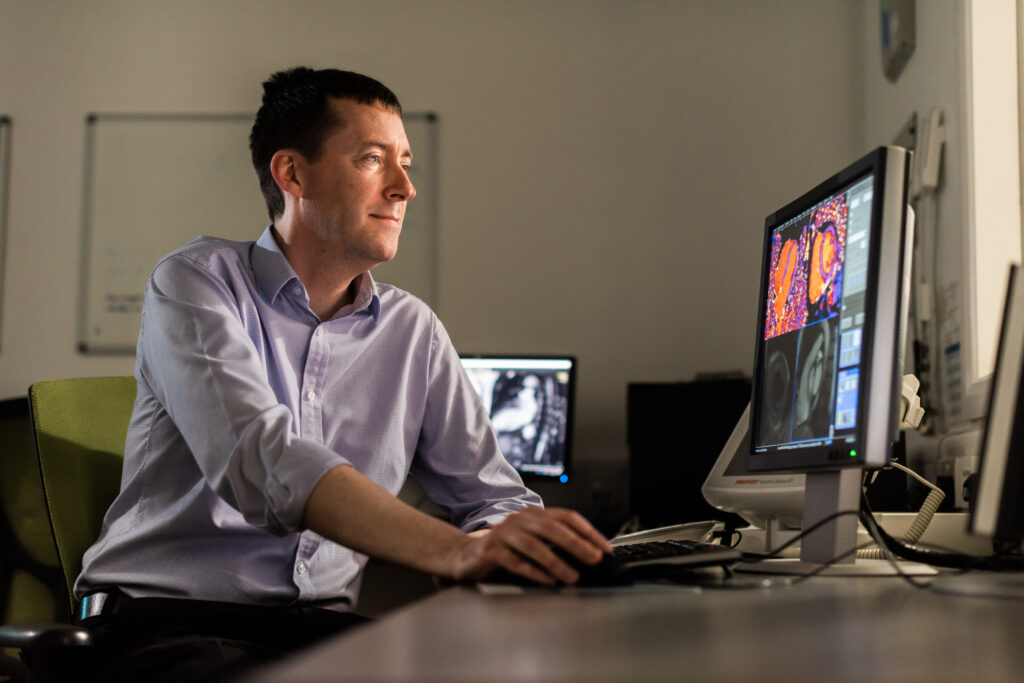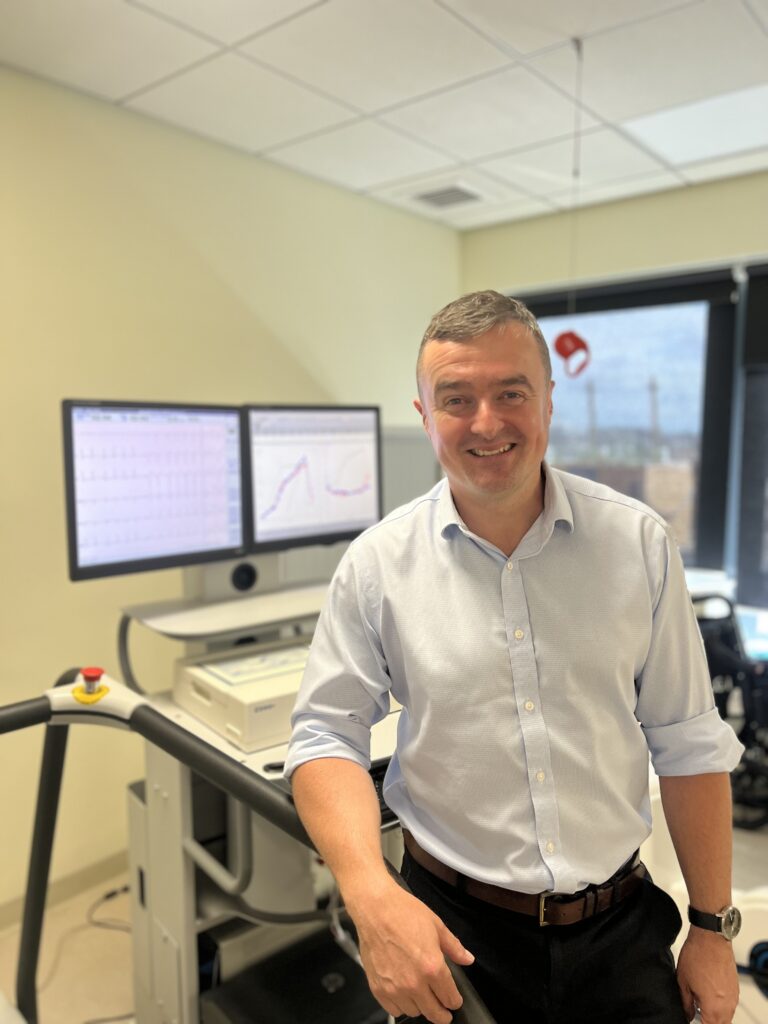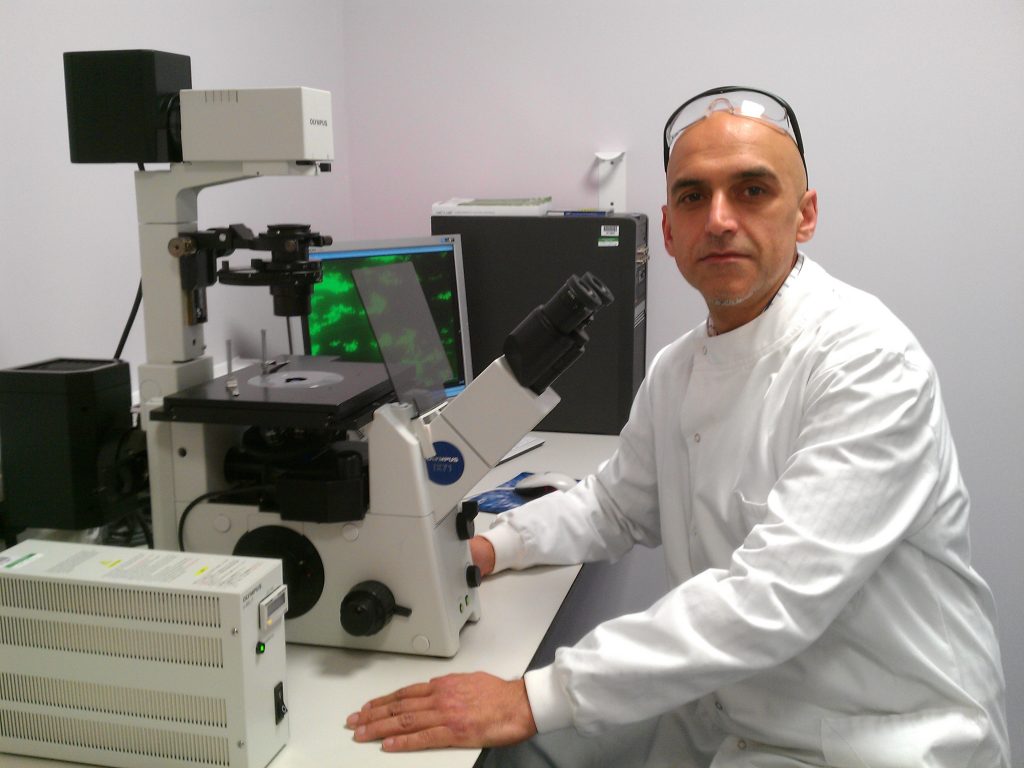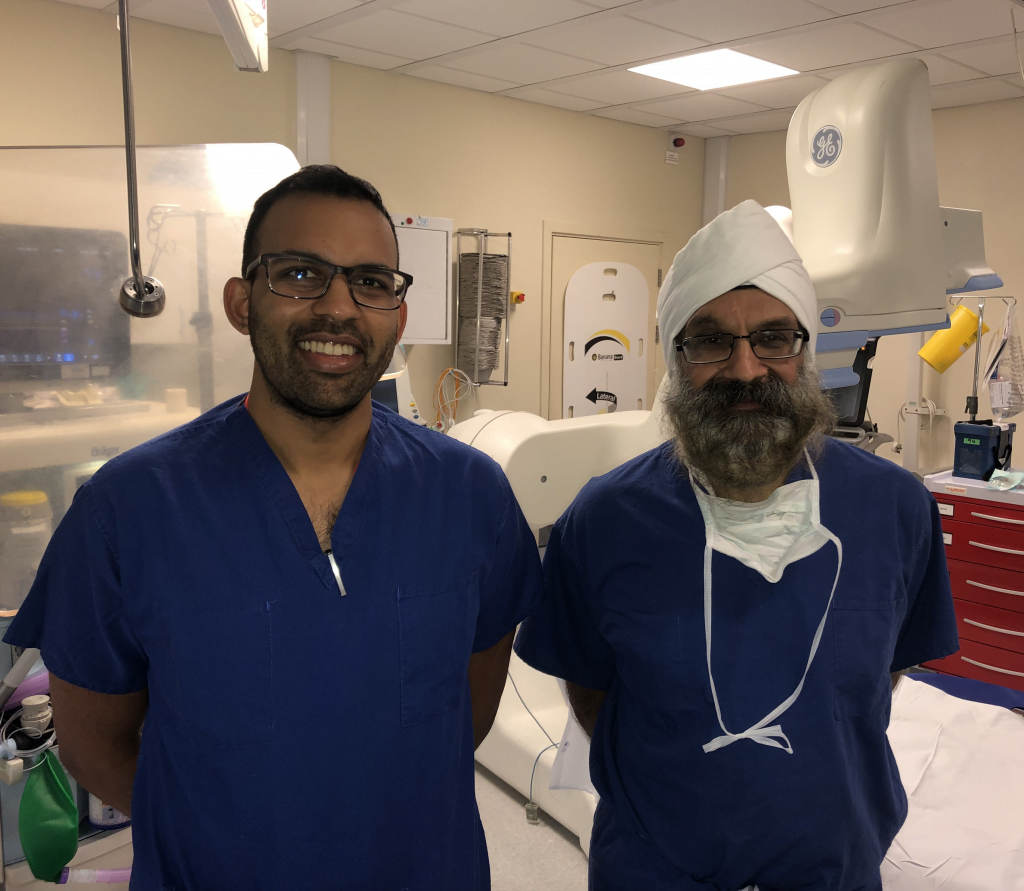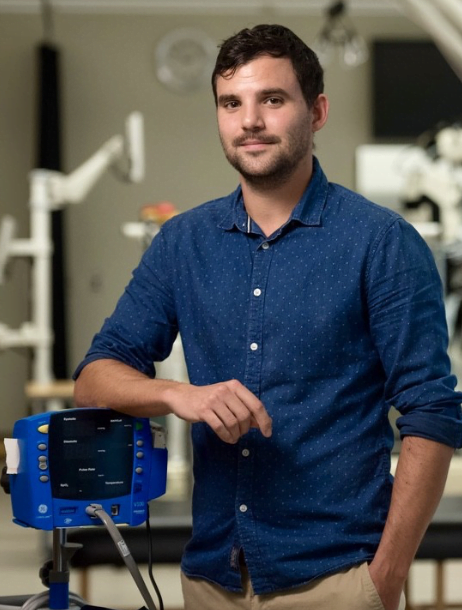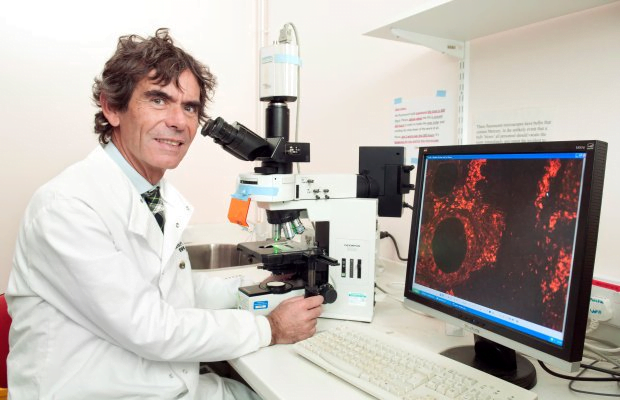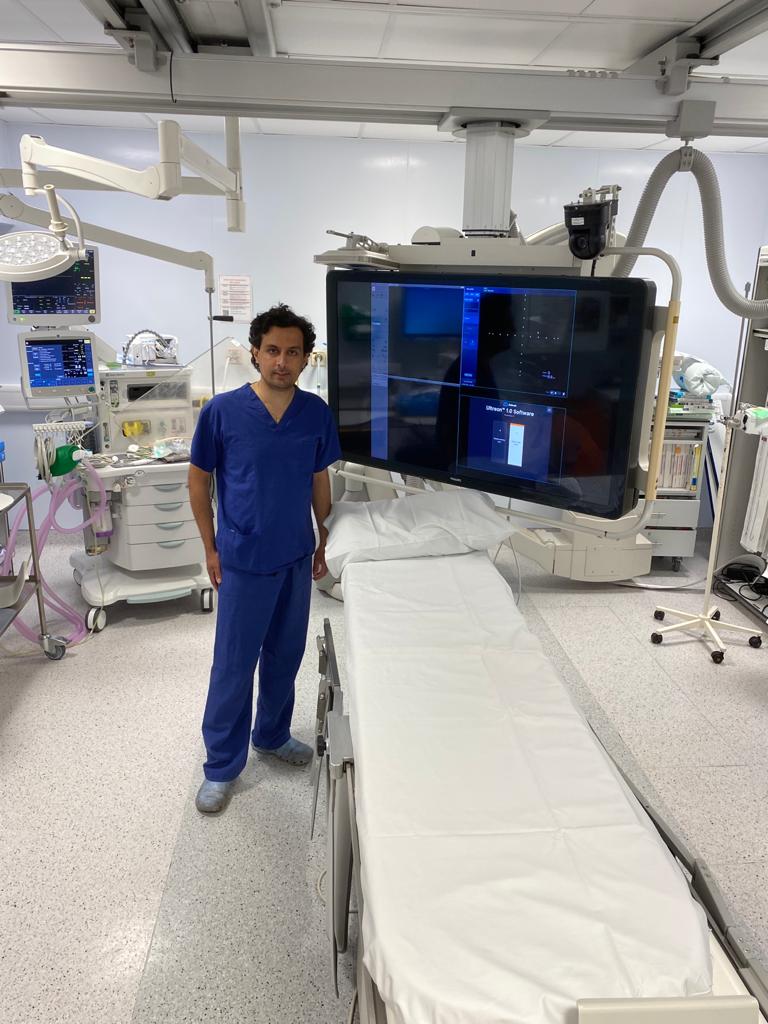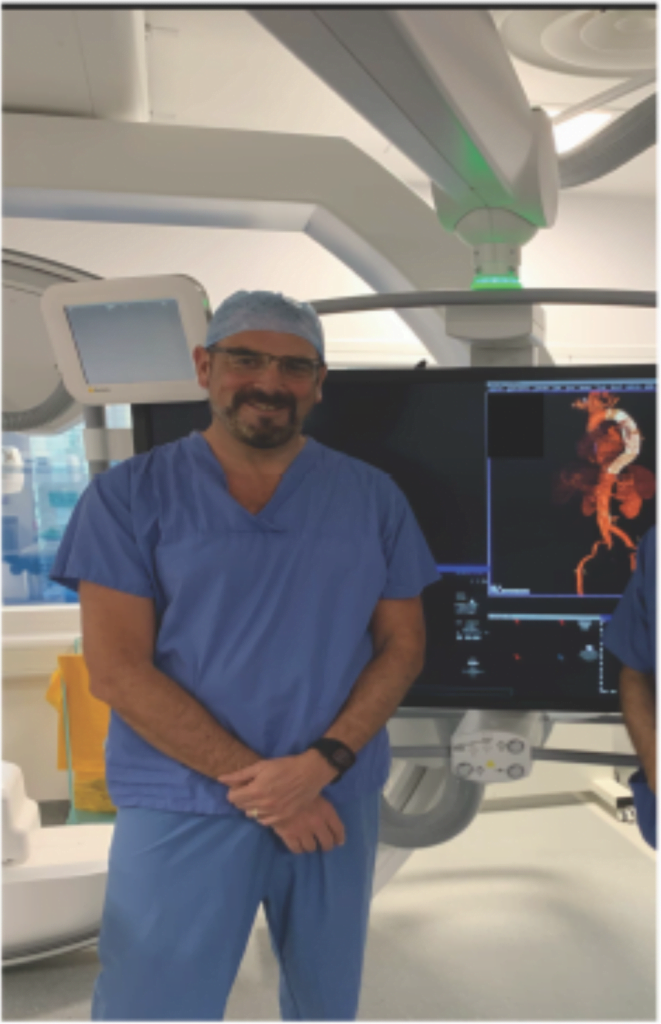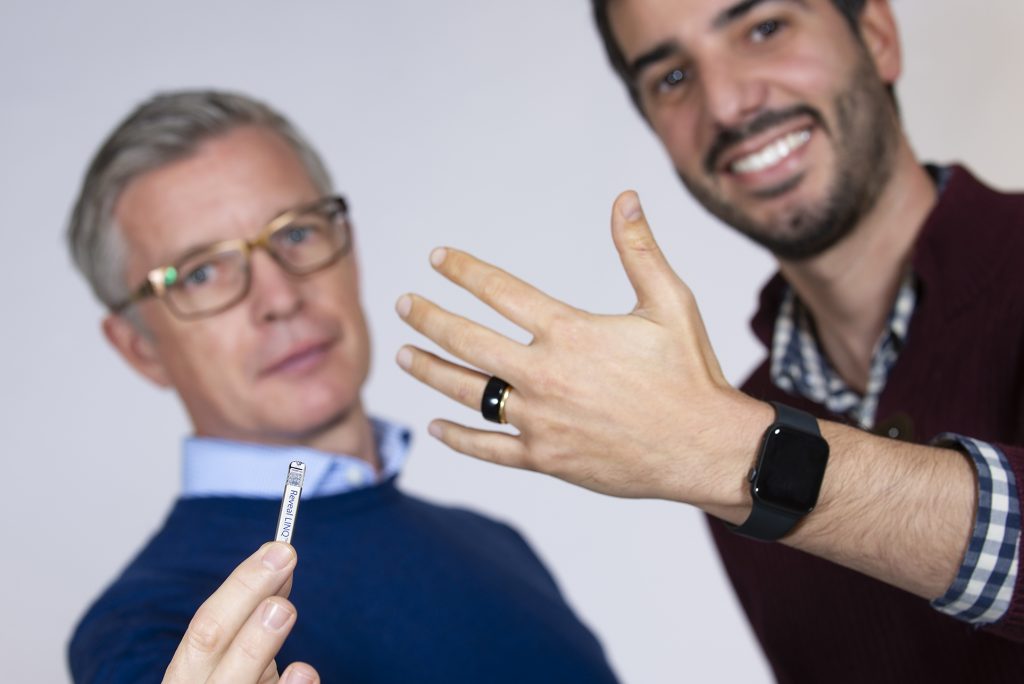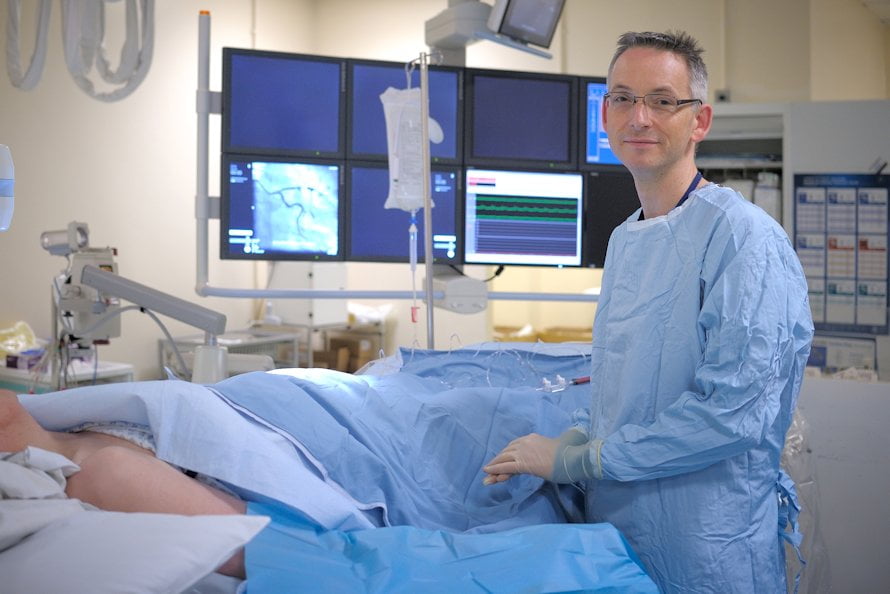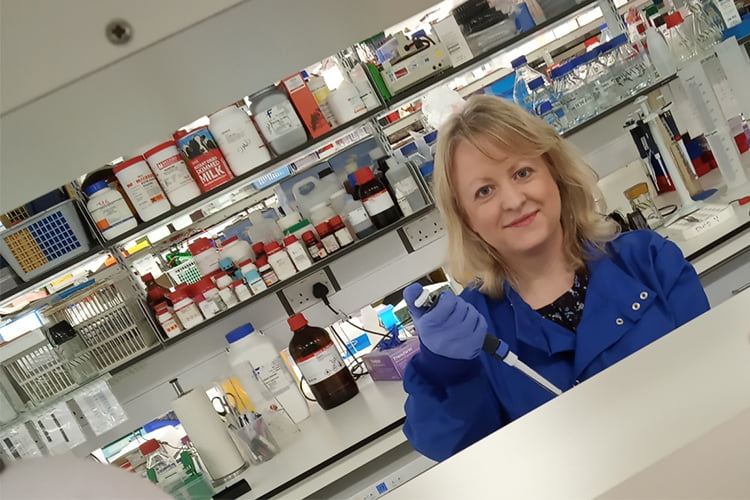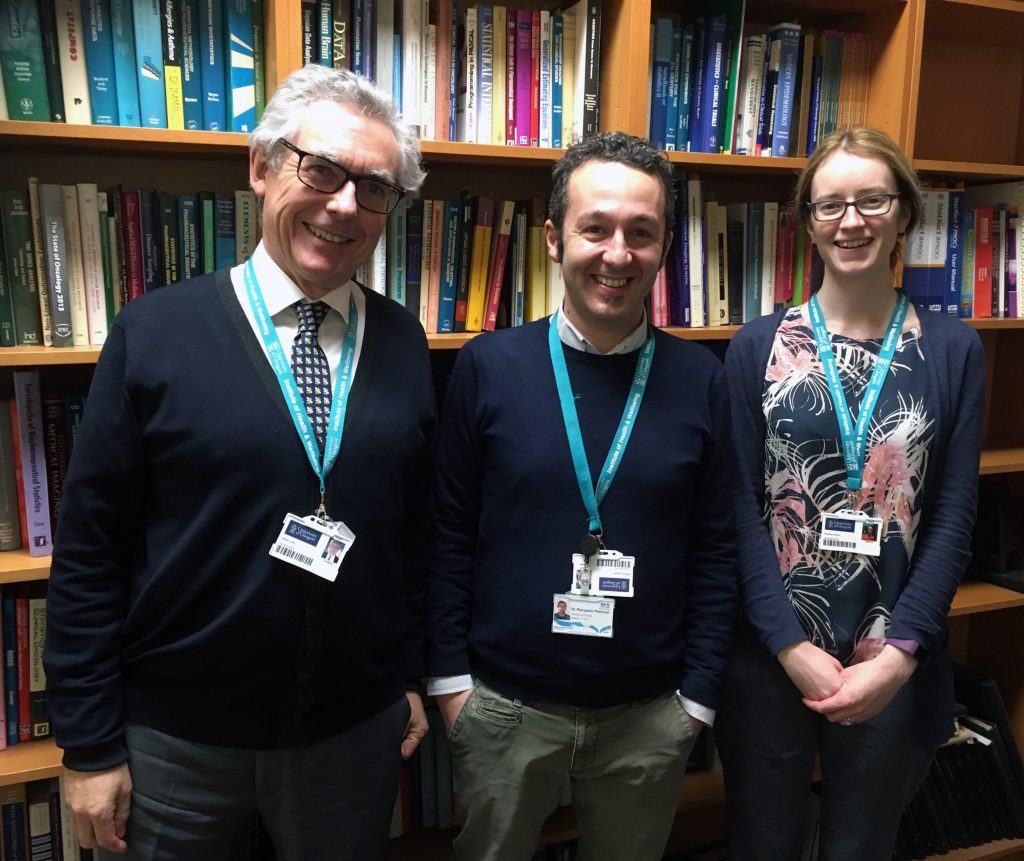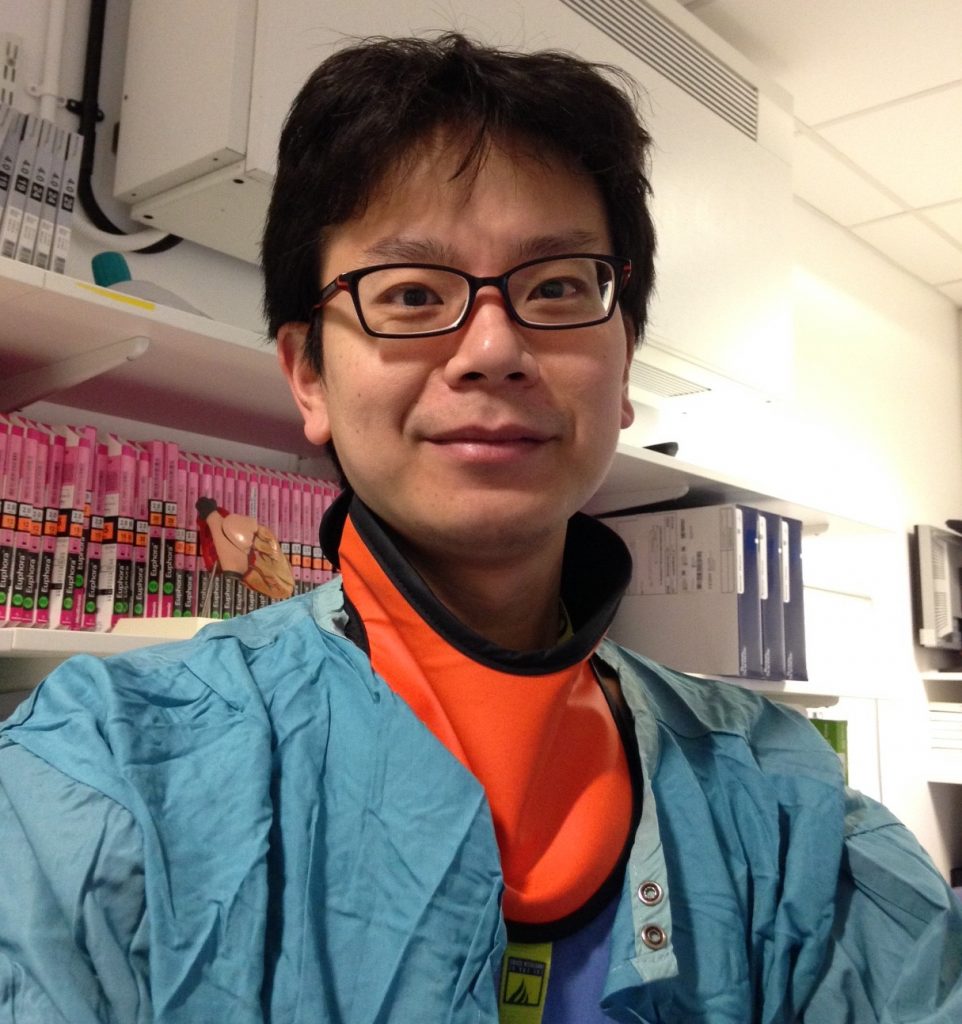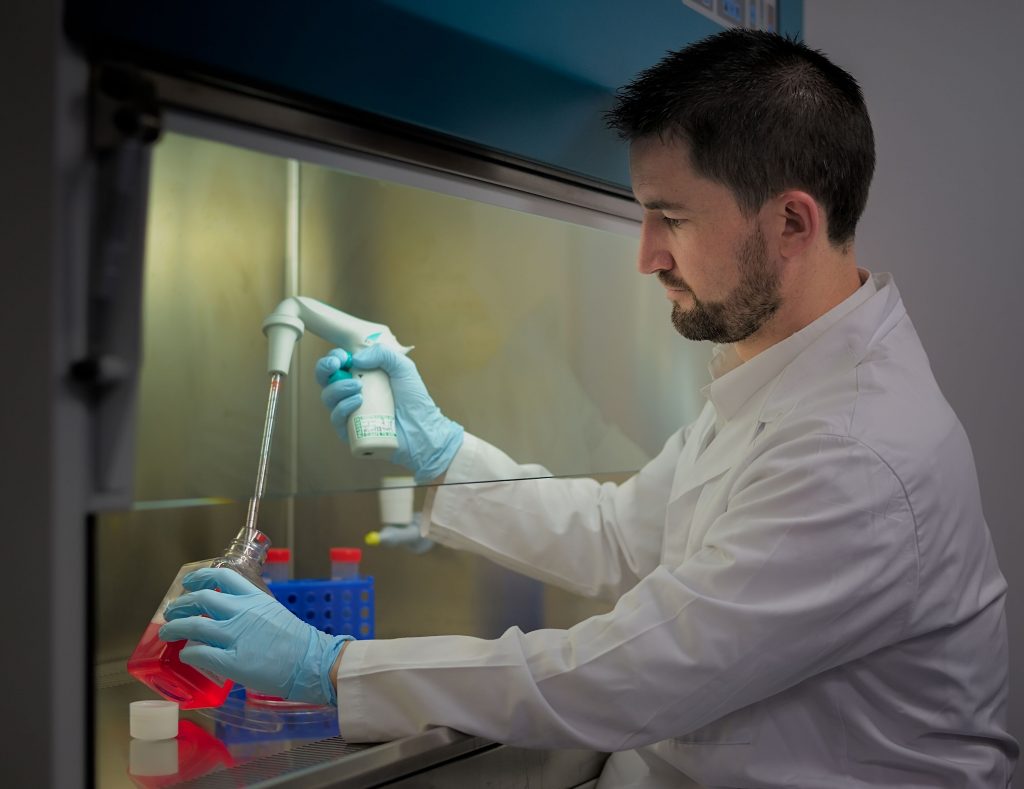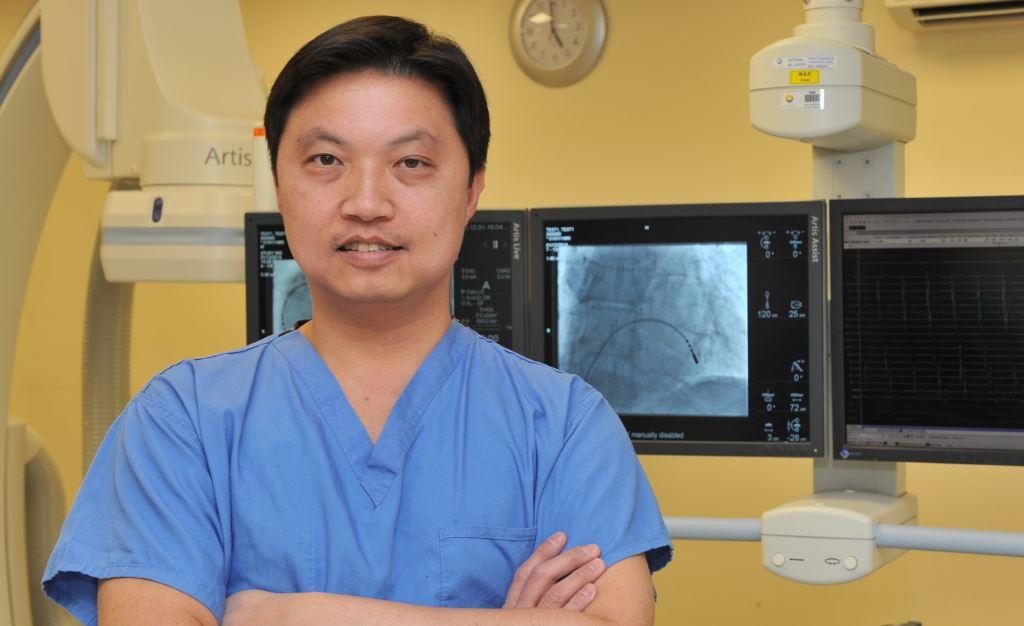Northern Ireland Grant
Dr Nicole Blackburn, Ulster University
Amount: £103,966

Guidelines recommend that coronary heart disease (CHD) patients should be offered cardiac rehabilitation (CR). CR programmes reduce the risk of death and illness, but it is likely that patients will stop exercising without enough support. This project will see whether behaviour change can encourage CHD patients taking part in community-based CR programmes to stay active for longer.
Coronary heart disease (CHD) is the leading cause of death and disability worldwide. Guidelines recommend that all CHD patients should be offered cardiac rehabilitation (CR) which includes exercise programmes, education, and ongoing support within both clinical and community settings, following a heart-related event, surgery or procedure. The core CR programme is delivered by a clinical team in hospital. It may involve a combination of exercise training, health education, advice on reducing the risk of having a heart-related event and ways to manage stress. Following completion of the core CR programme, a 12-week maintenance programme in the community is recommended.
CR programmes reduce the risk of death and illness, but it is likely that patients will stop exercising without enough support. A previous study found that using behaviour change techniques helped patients to stay active for longer. The aim of this project is to translate behaviour change research in a CR programme to encourage CHD patients to stay active both during and after taking part in CR programmes.
All participants from Active Belfast maintenance CR programmes will be invited to take part and those that agree will be randomly divided into the following groups: –
Lifestyle change group –
These patients will receive additional sessions to encourage active lifestyles. Using a pedometer to count steps, each week they will report their step counts and review their goals. In week eight, patients will have a group discussion with the researcher to discuss the benefits of physical activity. In week twelve, there will be a second group discussion about barriers to being active with advice on ways to increase activity. Patients will receive a monthly phone call from the exercise professional to check their progress and encourage them to stay with the programme.
Control group –
Patients will receive the standard CR maintenance programme as usual.
The researchers will measure the patients’ physical activity using activity monitors at the beginning of the study, at the end of the maintenance CR programme and then at six months. They will also take body measurements such as height, weight and blood pressure as well as measure their physical and mental health. They will analyse the difference in physical activity between the lifestyle change group and the control group after six months. They will also assess how well the intervention has been completed by patients and delivered by the exercise professional, and see how cost-effective the study has been.
It is hoped that these methods will encourage more CR patients to stay physically active for longer and improve their health. The results will provide more evidence on using behavioural change techniques in CR programmes and have the potential to benefit many patients with CHD throughout Northern Ireland and the rest of the UK.

